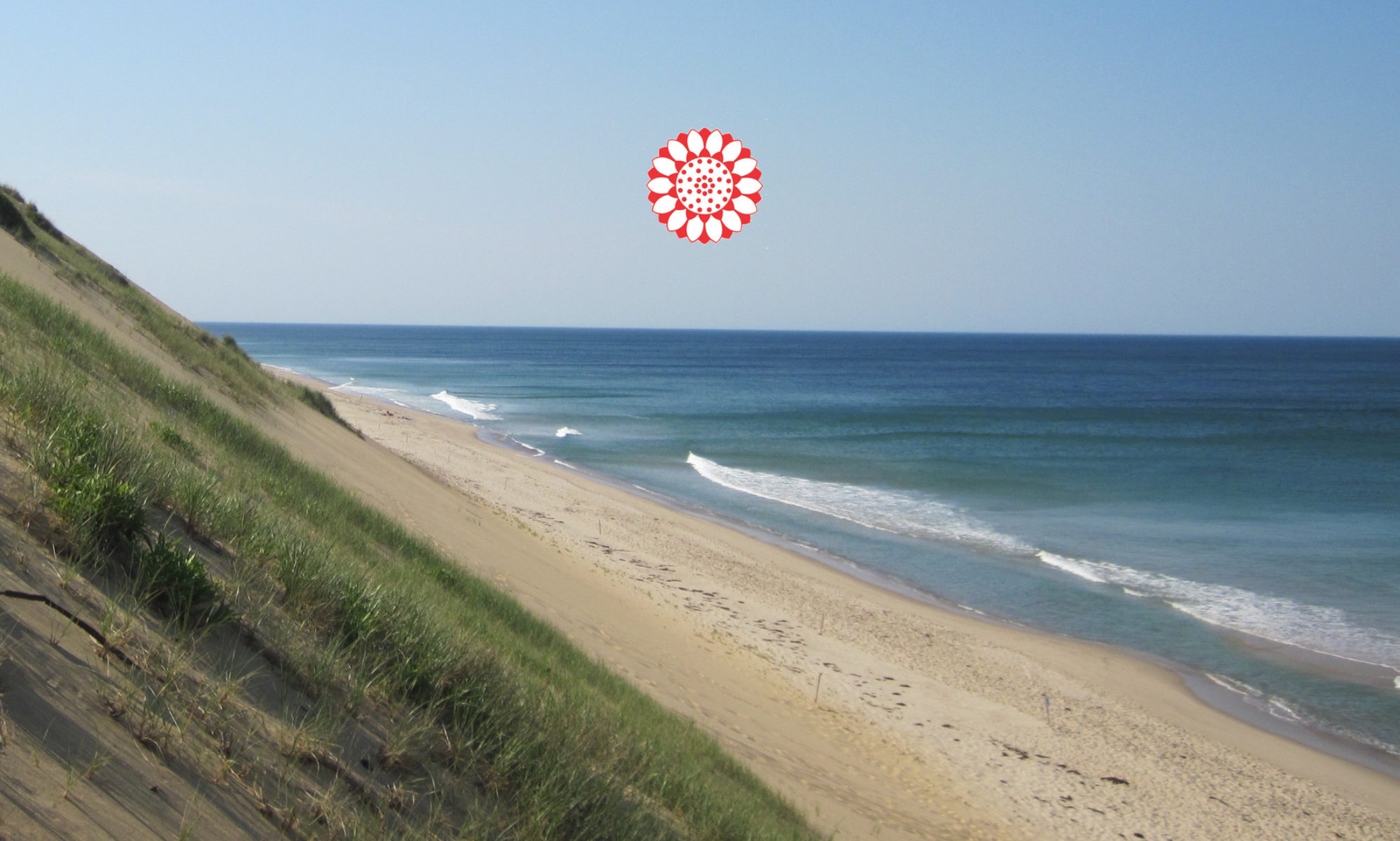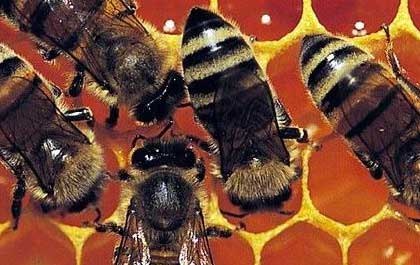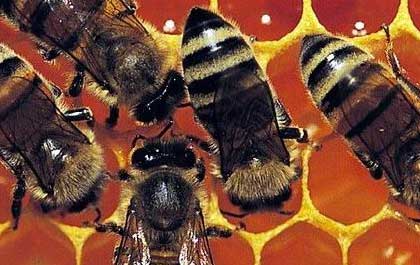My family of Beekeepers recently paid a visit and I was so excited to chat with them extensively about the power of Bees and their extraordinary products. My cousin Gustav is a third generation of beekeeper and I have fond memories meeting his Grandfather (my great, great Uncle Einer) in Sweden when I was eight. I have an image in my head of my Great Uncle in his bee suit and huge drums of creamy honey in the basement. Maybe that started my deep love for honey?
Gustav had a lot of information to share. Sadly a lot of the discussion was about the disappearance of bees. He has been working extremely hard over the past ten years developing ways to keep his beehives healthy.
There were so many fascinating medicinal facts and bee products that I was inspired to write a 4-Part Piece on Bee products including Honey, Propolis, Bee Pollen and Royal Jelly. I’ll start with Propolis.
The Power of Propolis
Gustav called Propolis “the anti” because of its antiinflamitory, antibacterial, antiviral, antitumor and antiseptic properties. Honey bees are “propolis harvesters”. Bees collect resins from treebuds and mix the resins with a little honey, wax and enzymes to create propolis. Propolis essentially contains resins, balsams, essential oils, flavonoids, vitamins, minerals and pollen. Analysis shows that bees don’t significantly change the resins they collect which makes propolis an herbal medicine similar to other medicinal gums and resins such as boswellia and myrrh.
Propolis is a Greek word that translates to “before the city” and is used by bees in the hives to line the hive to keep the hive clean. Propolis also acts as an adhesive as it assists in gluing the hive together and protect the hive from inclement weather. Bees not only line their hive with Propolis but leave Propolis as a “doormat” at the entrance. Gustav mentioned that bees step their feet in the Propolis before entering the hive to “clean” their feet before entering. Additionally Bees embalm invaders. Ancient Egyptians followed the bees knowledge and used propolis to embalming agents for their mummies. If a pest were to enter the hive and die the bees cover the dead animal in Propolis to keep the hive and the Queen Bee protected from germs.
Even The Gracie Diet, a diet created by Grandmaster Carlos Gracie, the forefather of Brazilian Jiu Jitsu who lived and trained into his 90’s, listed Propolis as one of the 10 foods that should be eaten daily. Following the Hippocratean maxim “Let your food be your remedy”, Grandmaster Carlos Gracie aimed at founding a system that would primarily prevent illness on days of competition.The basic principle of the Gracie Diet is to keep blood pH level neutral by consuming only compatible nutrients at each meal.
A study on PubMed reported that “More than 15 Greek and Roman authors report on the preparation and application of the so-called third natural product of the bees (besides honey and wax). Aristoteles described the fundamental issues of its biology in his ‘Historia Animalium’ correctly.” Propolis has been utilized since ancient times as a topical antiseptic used for open wounds. It is said that Propolis is the most natural antibiotic man has ever discovered. The remarkable thing about this statement is the fact that this discovery took place some 2000 years ago.”
Integrate Propolis into your daily regimen:
In cell culture tests Propolis extracts have been shown to significantly inhibit the growth in the Klebsiella pneumoniae, Escherichia coli, Staphyloccocus, clostridium, corynebacterium diptheriae and some streptococcus species.
Propolis Salve:
Treating open wounds it is superior to use a blend of propolis as a topical salve rather than a single antibiotic in petroleum jelly. Antibiotics are overused and their overuse are creating a rise in antibiotic resistant bacteria. The complex bend of compounds in propolis is superior to the single antibiotic in petroleum jelly. Gladiators know how to treat wounds!
Propolis as mouth wash:
Propolis mouth wash inhibits the growth of common human oral bacteria which helps the body heal after surgery, prevent bad breath, gingivitis, tooth decay and gum disease.
Upper respiratory conditions:
Propolis can be added to saline for a sinus irrigation. In many Eastern European countries widespread use of antibiotics is less common than beekeeping. Washing, gargling and irrigating the sinuses with propolis rinses are more commonly used.
Promote heart health. Propolis has been demonstrated to be an antiinflammatory.
Emollient: Studies also indicate that Propolis may be effective in treating skin burns.
Immune Support: Propolis exhibits immunostimulant effects in numerous clinical trials.
Propolis is available in powder, lozenges, tincture, capsules and pills.
As my family was heading back home they were eager to hug and kiss everyone of us before boarding the plane. Gustav waved a hearty goodbye as he popped some Propolis in his mouth.
Stay tuned for Bee Pollen!!



 My family of Bee Keepers recently paid a visit in NYC and I was so excited to chat with them extensively about the power of Bees and their extraordinary products. My cousin Gustav is a third generation of beekeeper and I have fond memories meeting his Grandfather (my great, great Uncle) in Sweden when I was eight. I have an image in my head of my Great Uncle in his bee suit and huge drums of creamy honey in the basement. Maybe that started my deep love for honey?
My family of Bee Keepers recently paid a visit in NYC and I was so excited to chat with them extensively about the power of Bees and their extraordinary products. My cousin Gustav is a third generation of beekeeper and I have fond memories meeting his Grandfather (my great, great Uncle) in Sweden when I was eight. I have an image in my head of my Great Uncle in his bee suit and huge drums of creamy honey in the basement. Maybe that started my deep love for honey?